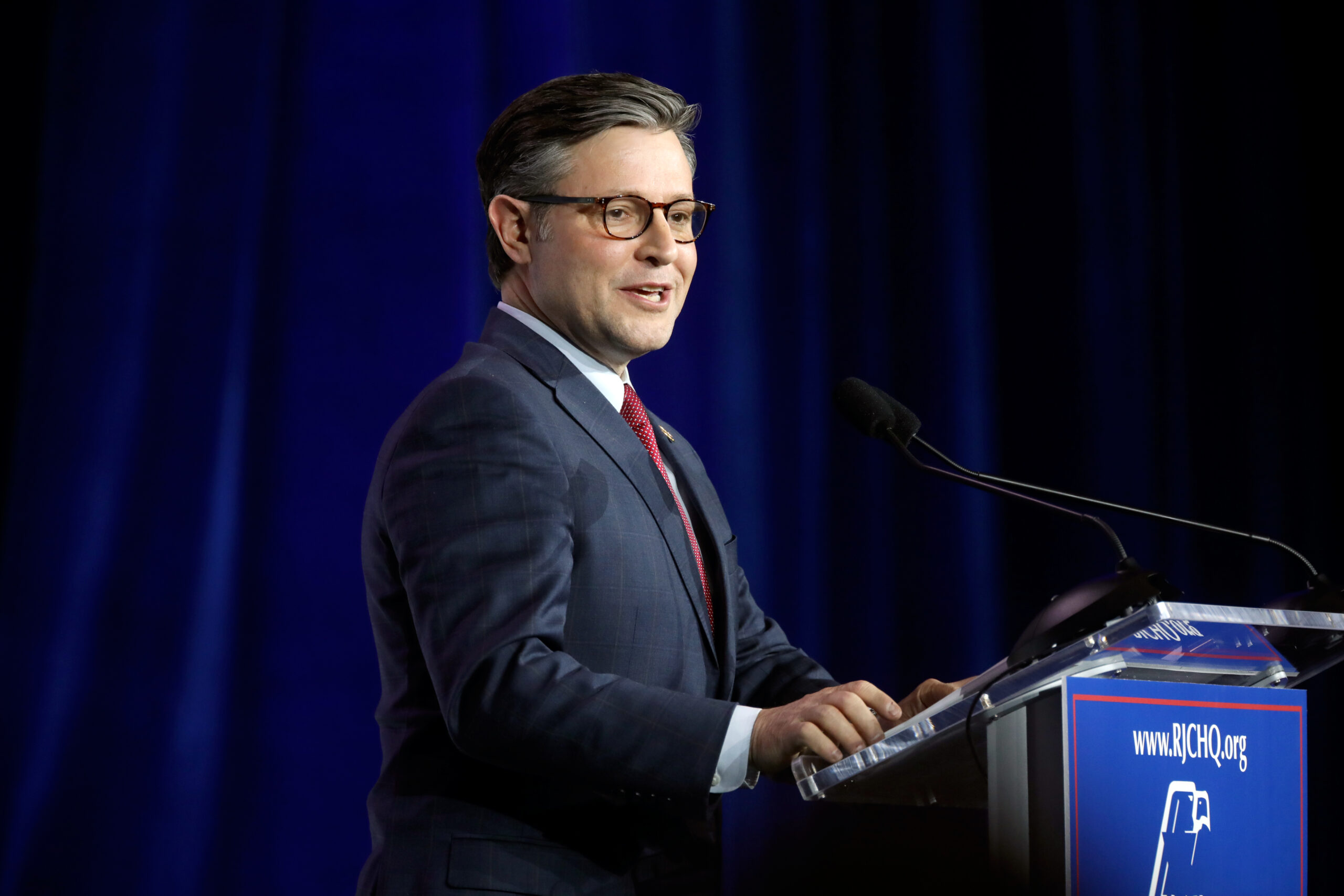
On this, at least, the Democrats agree: It’s time to fight. Democratic leaders across the political spectrum are shrugging off the historical political risks and embracing a government shutdown they say is necessary to push back against President Donald Trump and his Republican allies in Congress. For Democrats, the shutdown marks a line in the sand born from months of frustration. Jim Kessler, of the moderate Democratic group Third Way, said the fight is a “rare point of unification.” He added, “Absolutely there are risks… But you’re hearing it from all wings of the Democratic Party: The fight is the victory. They want a fight. And they’re going to get one.”
Policy Demands and the Blame Game
The core policy issue is health care. Democrats are insisting that any government spending package must extend enhanced Affordable Care Act (ACA) subsidies that are set to expire at the year’s end. Trump, backed by the Republicans who control Congress, insists on supporting only a “clean” spending package that excludes the health care measure. Republican Senator Mitch McConnell was one of the many who warned against the strategy, saying on social media, “I can’t count the number of times I’ve had to remind Democrat colleagues that taking basic government functions hostage for partisan demands never pays.”
However, polling suggests that this shutdown fight is somewhat different from its predecessors. Despite Democrats withholding their votes from a continuing resolution, a Washington Post poll conducted on the day the shutdown began showed 47% of Americans believed President Trump and the Republicans were “mainly responsible” for the shutdown, compared to 30% who blamed Democrats. This initial result is highly unusual in the context of past shutdown polling.
The polling offers a big hint as to why the blame is shifting: the policy Democrats are pushing for is very popular. The Post’s poll showed that Americans said 71%–29% that they want to extend the enhanced ACA subsidies. More significantly, 47% of Americans said they want to extend the subsidies and that Democrats should continue demanding that, “even if it continues the government shutdown.” This level of support for a hard-line approach is significantly higher than in past shutdowns, such as the ones over defunding Obamacare or building the border wall. Other polls have shown similar results, indicating that Americans would still blame Republicans more than Democrats, even if the faceoff leads to a prolonged closure.
The Political Calculus of the GOP
Democrats’ demand has cast a spotlight on an uneasy issue for Republicans. Rather than rejecting the policy out of hand, they have insisted they are willing to negotiate, but only after the government is funded. Democrats counter that insurers need to plan for premium hikes that would result if the subsidies aren’t extended, meaning the time for talking is now. The Trump administration is also threatening to bring the hammer down by making politically targeted cuts to government employees and spending. Some Republican lawmakers appear uncomfortable with this, worrying that such cuts would create political backlash. As the shutdown continues, the core question remains: which side is best able to tolerate the political pain?
Author’s Opinion
This looming shutdown is a stark example of the brinkmanship that defines a deeply divided government. For both parties, the political stakes seem to be more important than the real-world consequences for the American people. The use of an AI-generated video and the memo about permanent cuts suggest a new and more aggressive form of political warfare, one where each side is not just willing to risk a shutdown but to use it as a tool to achieve long-term partisan goals. This dangerous trend undermines the very idea of public service and governance, leaving the American people as bystanders in a conflict that will ultimately have a negative impact on their lives and the stability of the country.
Featured image credit: Wikimedia Commons
For more stories like it, click the +Follow button at the top of this page to follow us.
